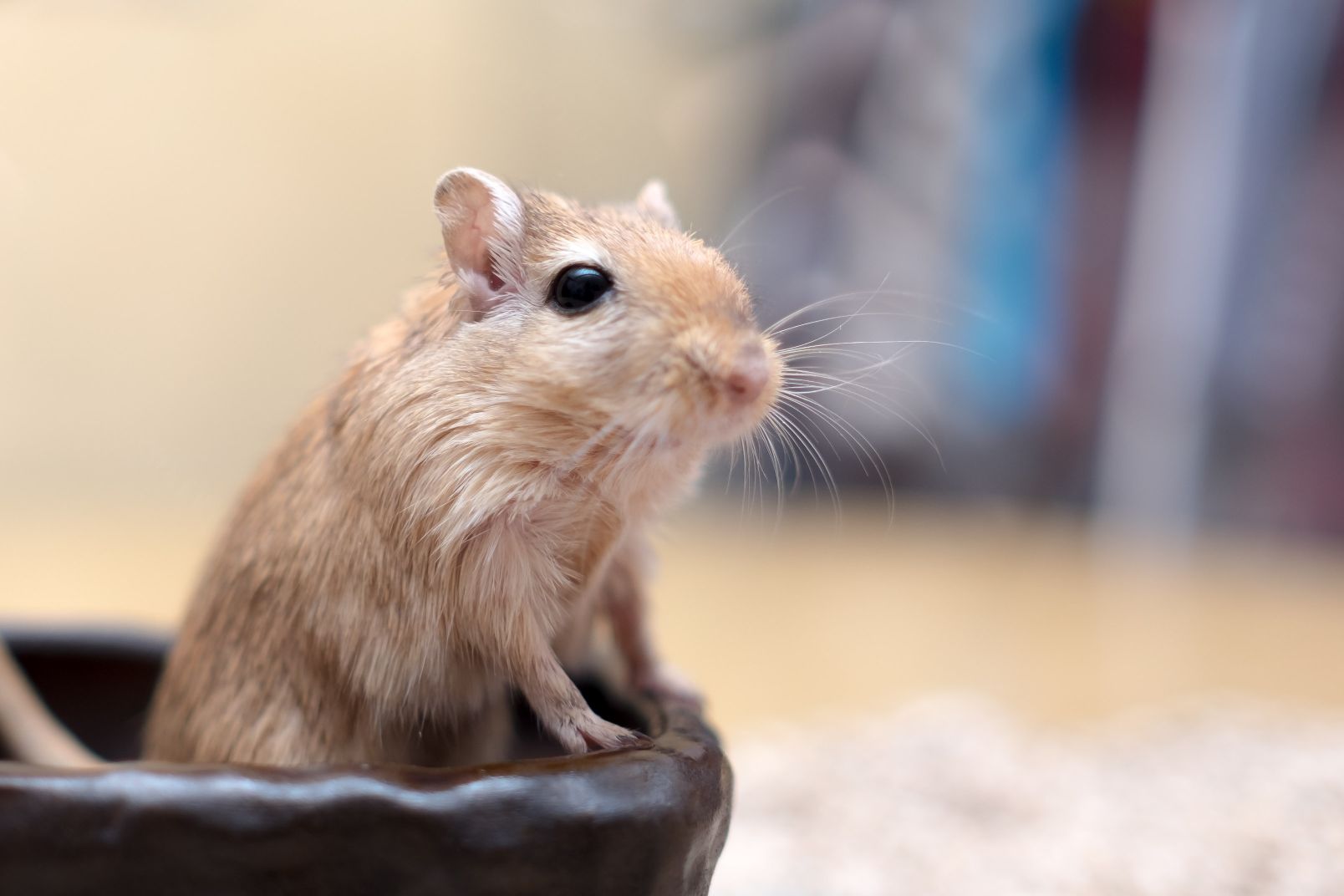 Most of us can’t help but laugh when it comes to cartoons and jokes about cats vomiting. While it’s true that our feline friends do seem a little more prone to puking than your average animal, it doesn’t make vomiting in cats a normal thing. If you have a nauseous kitty friend, read on to learn whether your cat’s habits are normal or something to have checked out. If you think your cat’s vomiting has been abnormal or excessive please request an appointment for your cat to see our veterinarian.
Most of us can’t help but laugh when it comes to cartoons and jokes about cats vomiting. While it’s true that our feline friends do seem a little more prone to puking than your average animal, it doesn’t make vomiting in cats a normal thing. If you have a nauseous kitty friend, read on to learn whether your cat’s habits are normal or something to have checked out. If you think your cat’s vomiting has been abnormal or excessive please request an appointment for your cat to see our veterinarian.
More Than Hairballs
Most cat vomit is chalked up to hairballs, and for good reason. It is not uncommon to find a small (or large) amount of hair when cleaning up after kitty. This may have more to do with what happens to be in the stomach, though, than the cause of the vomiting.
Cats’ digestive systems are designed to handle large amounts of hair. Cats groom themselves and ingest other critters with furry coats. A cat with a properly functioning digestive tract should have few problems moving a reasonable amount of hair through the system.
Cats who vomit are often trying to let us know that their digestive system isn’t working quite right. That being said, frequent brushing, especially during high shedding periods, can help your cat handle the extra hair.
Why Cats Vomit
There are many reasons for vomiting in cats. If we are suspicious of a problem, we must often perform some diagnostic testing in order to get to the root of the problem. While the list of possibilities is extensive, some of the more common causes of feline vomiting that we diagnose include:
Intestinal parasites – Having intestinal parasites can certainly affect how the digestive system functions and may lead to vomiting. These are most often diagnosed with a fecal sample.
Foreign bodies – Curiosity is often the downfall of the cat, and our furry friends are known to often eat things that they shouldn’t. Sometimes foreign objects can fully or partially obstruct the digestive tract, resulting in vomiting.
Food sensitivities – Food sensitivities or allergies can cause digestive symptoms in cats.
Inflammatory bowel disease – Chronic, long-term vomiting in cats is often associated with some form of inflammation in the intestines that can manifest in many ways, including vomiting.
Pancreatitis – Inflammation within the pancreas can lead to acute or more chronic symptoms that sometimes include nausea and vomiting.
Toxin exposures – Many things that shouldn’t be eaten cause a cat to vomit when ingested. House plants and cleaning chemicals are among the most frequent offenders.
Endocrine or metabolic conditions – When something isn’t quite right in the body, vomiting is often a symptom. Conditions such as kidney disease, cancer, thyroid problems, and diabetes mellitus can result in vomiting as well.
When to Worry About Vomiting in Cats
If you have a cat who vomits frequently, there is no need to panic. You should, however, make an appointment with us so that we can discuss the issue. Cats who vomit more than a time or two a year often have an underlying condition that must be addressed.
If your cat is having severe vomiting (more than once daily) or is acting otherwise sick, it is even more important that we see him or her right away. Besides determining the cause of the problem, it is important that we prevent or fix dehydration and get your pet some relief.
At Summeridge Animal Clinic, we are able to help you determine what is going on with your beloved cat and whether we need to intervene. We may recommend diagnostic tests such as blood work or abdominal radiographs (X-rays) in order to further investigate.
While cat vomiting is often nothing to be too worried about, it is best to have your pet looked at. After all, no one likes having a sick cat. We are happy to help get your kitty straightened out and feeling better soon.
Give us a call at (905) 731-1225 if you have any questions. We are located at 8707 Dufferin St, Thornhill, ON L4J 0A2, Canada.



